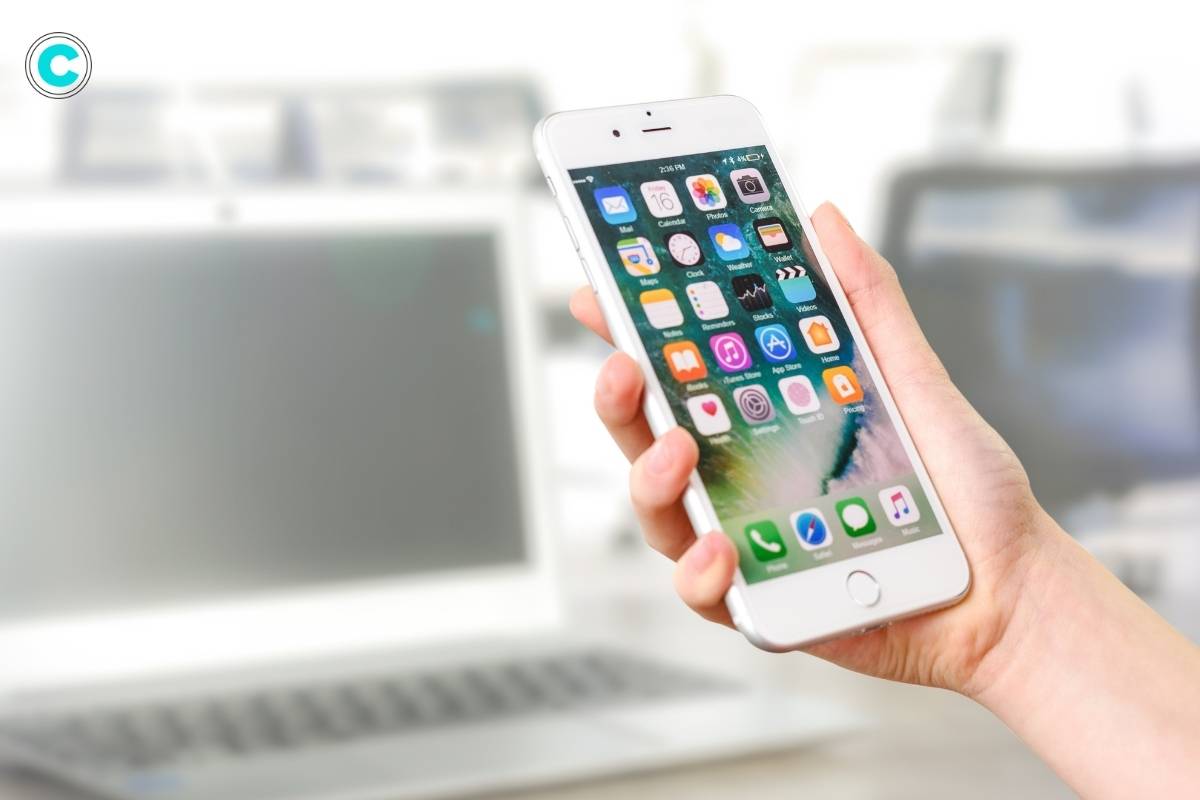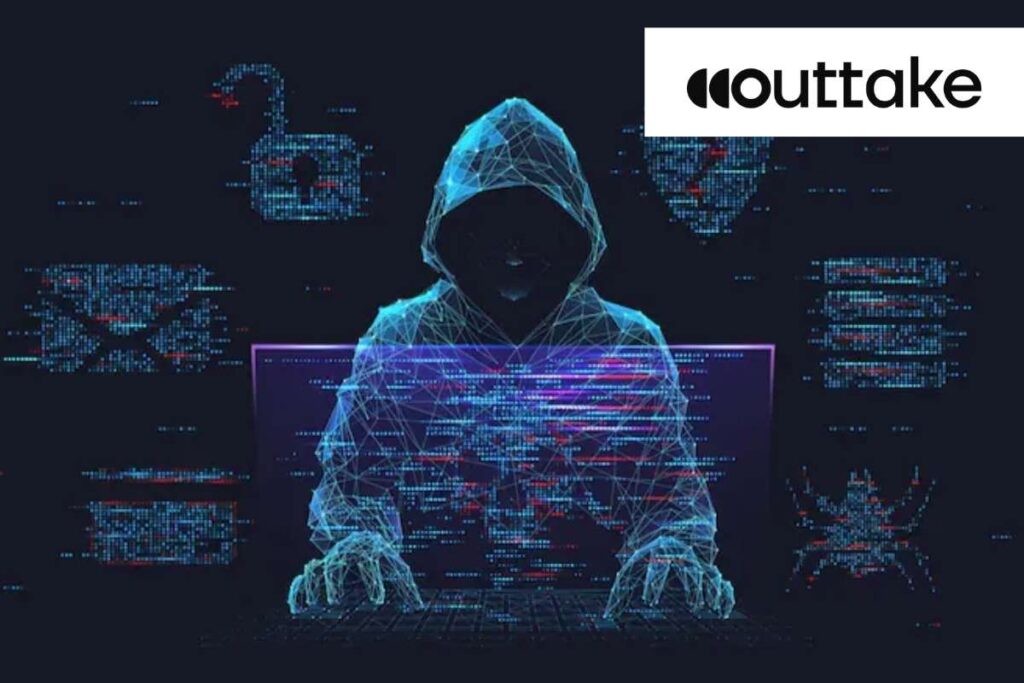Apple Alerts iPhone Users of Ongoing Threat
Apple issues warning to iPhone users across 92 countries, cautioning them about a potential risk posed by a “mercenary spyware attack.” The notification, dispatched yesterday at 20:00 GMT, has left users concerned about the security of their devices. Despite the gravity of the situation, Apple did not disclose the identity of the parties behind the threat nor did it outline the potential consequences of the attack on individuals or broader networks. In light of this development, Tech Monitor has reached out to Apple for further comments on the matter.
The warning message sent by Apple to affected users stated, “Apple detected that you are being targeted by a mercenary spyware attack that is trying to remotely compromise the iPhone associated with your Apple ID.” The alert emphasized the personalized nature of the attack, suggesting that individuals might be targeted based on their identity or activities. Apple issues warnings seriously, although acknowledging the inherent difficulty in achieving absolute certainty when detecting such sophisticated attacks.
Historical Context and Recommendations
This is not the first time Apple has issued threat notifications to its users, albeit rarely on such a large geographic scale. The company clarified on a separate support page that these Apple issues warnings primarily aim to thwart “targeted attacks” against individuals in civil society, such as journalists, politicians, diplomats, and activists, often orchestrated by state actors. In response to such threats, Apple advises all recipients of these notifications to promptly update their devices to receive the latest security patches and to adhere to robust cyber hygiene practices.
According to Apple’s assessment, a mercenary spyware attack typically involves state actors utilizing malware developed by private entities, such as the notorious NSO Group, the creator of the infamous ‘Pegasus’ spyware. First discovered in 2016, Pegasus and similar spyware strains have the capability to remotely extract multimedia content from infected phones and clandestinely monitor the device’s camera and microphone, even when seemingly inactive. Although definitively attributing breaches associated with such malware to specific governments or groups remains challenging, Apple asserts that its threat notifications are based on rigorous internal threat intelligence assessments and investigations.
Persistent Threats and Recent Incidents
Despite efforts to mitigate risks, the prevalence of Pegasus infections continues to pose a significant challenge. Since 2021, Apple has issued several threat notifications annually across 150 countries. However, the recent alert’s extensive geographical scope is uncommon. The last notable notification occurred in October 2023 when Apple warned an undisclosed number of politicians in India about potential threats. This prompted allegations from the opposition Congress Party, accusing the government of spying on leading opposition figures. In response, India’s Minister for IT, Ashwini Vaishnaw, refuted the claims, labeling the threat notifications as “vague” and affirming that the government was investigating the matter.
Marketed by NSO Group as a tool for combating crime, Pegasus has become synonymous with political repression and surveillance by authoritarian regimes and law enforcement agencies since its inception in 2011. Despite being banned in certain jurisdictions, instances of infections persist. For instance, in February, two members of a European Parliament defense subcommittee fell victim to Pegasus software deployed by an unidentified third party. Notably, Apple itself was compelled to issue an emergency software update in September 2023 after it was revealed that Pegasus could be remotely injected into iPhones through a zero-day vulnerability in its iOS operating system.
In the face of escalating cybersecurity threats, Apple’s proactive approach underscores the critical importance of safeguarding digital devices against sophisticated attacks, underscoring the need for vigilance and prompt action among users worldwide.






